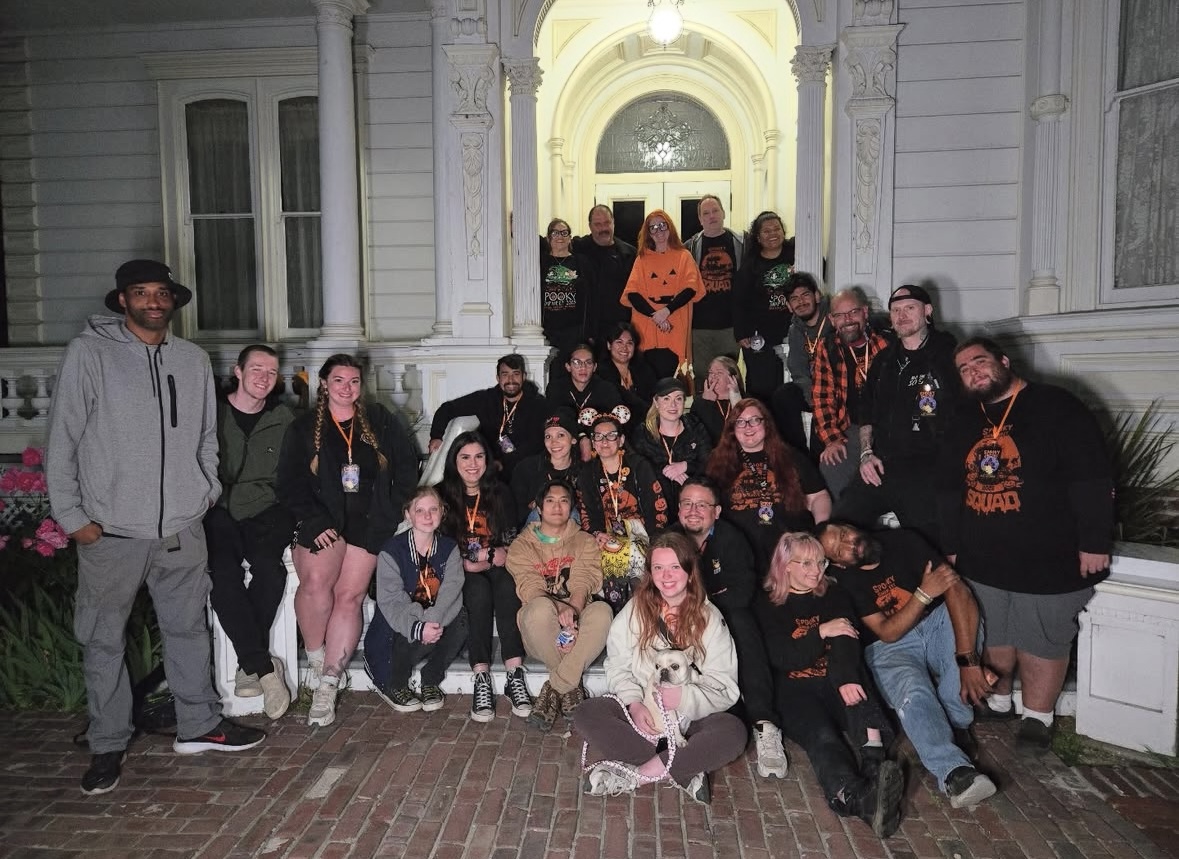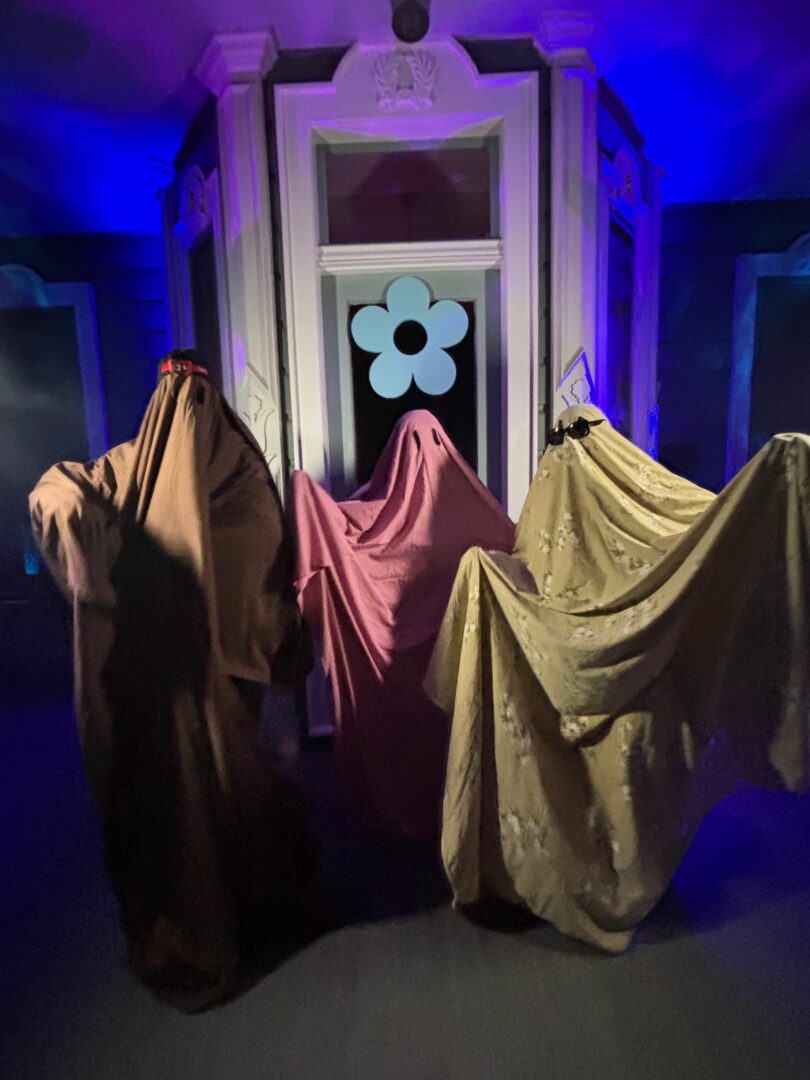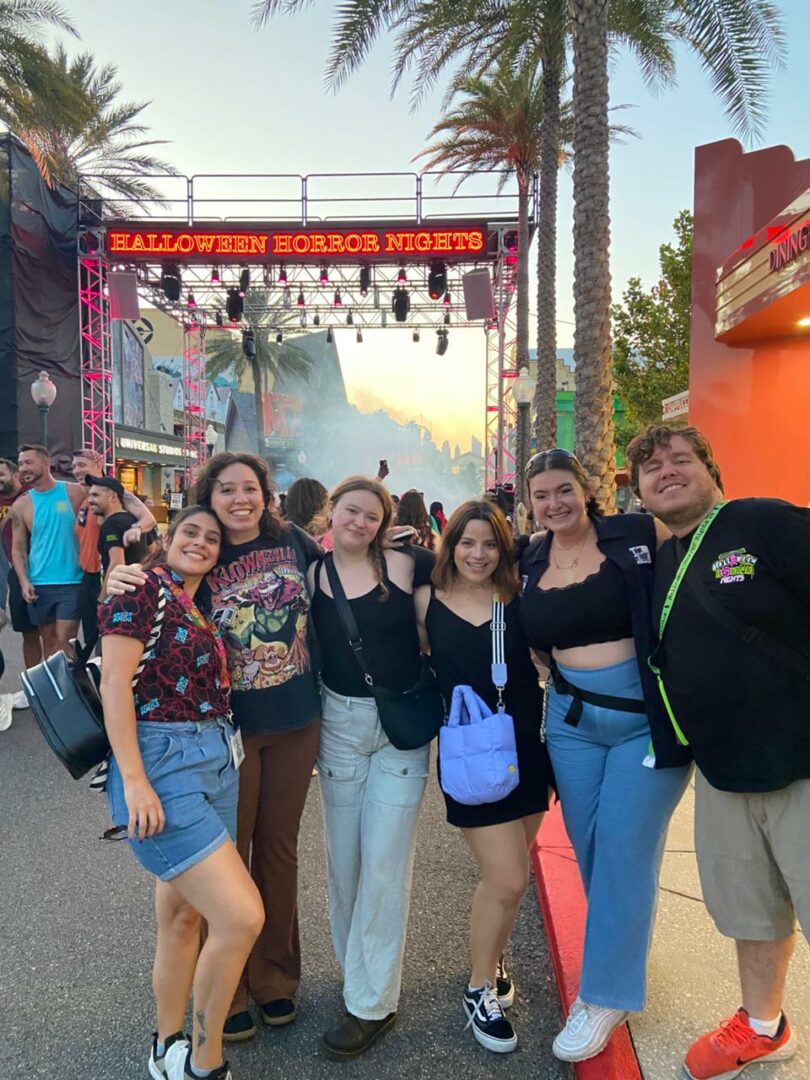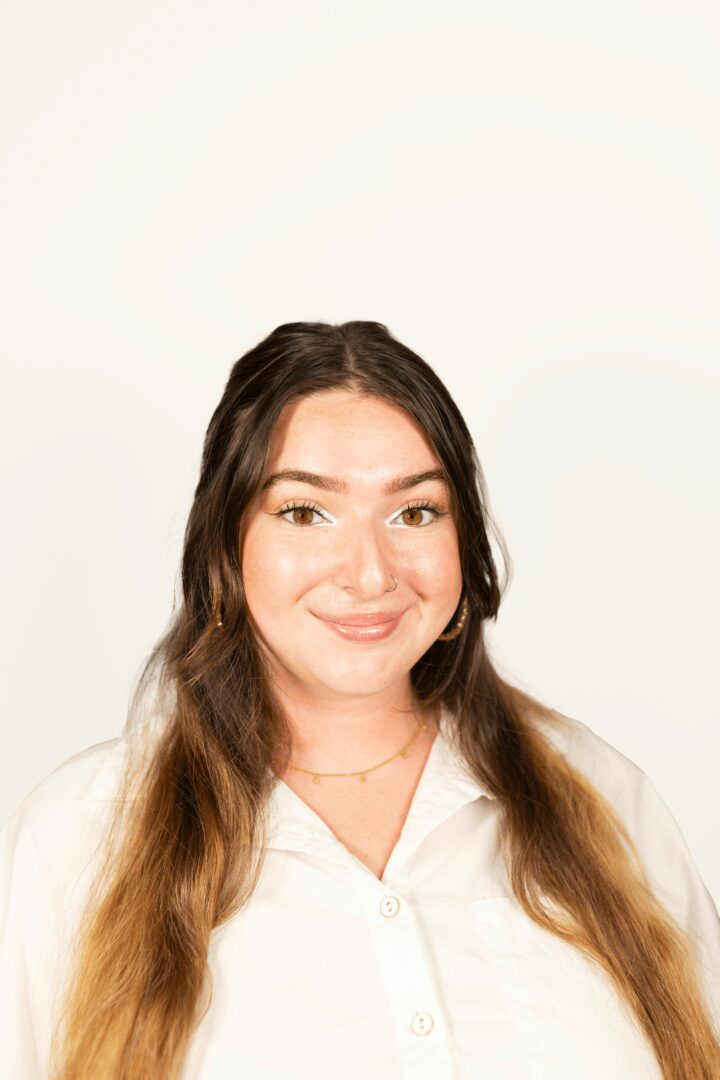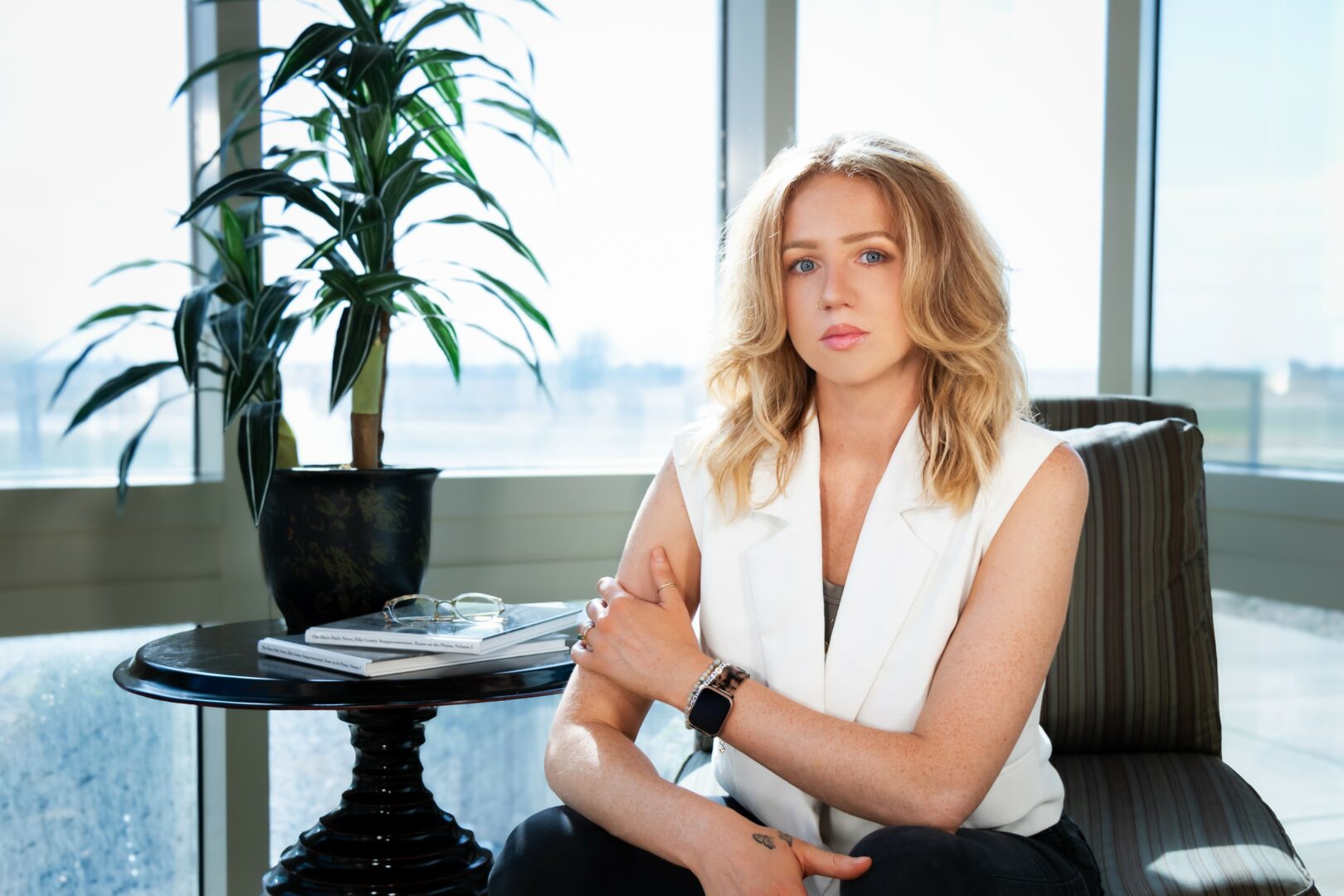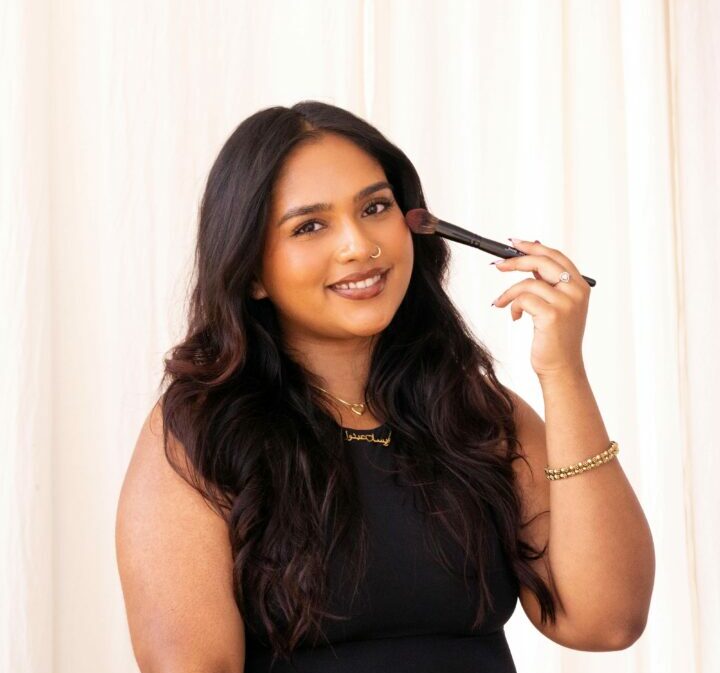We’re excited to introduce you to the always interesting and insightful McKenna Kreiling. We hope you’ll enjoy our conversation with McKenna below.
Hi McKenna, thanks for sharing your insights with our community today. Part of your success, no doubt, is due to your work ethic and so we’d love if you could open up about where you got your work ethic from?
I get my work ethic from a place of persistence, pain, and pride. Growing up in theater while living with arthritis meant I was constantly pushing my body in ways it didn’t always want to go. While my peers could rely on ease or natural ability, I had to put in twice the effort just to stay on the same playing field—physically, mentally, and emotionally. I learned early on that if I wanted to be in the room, let alone stand out in it, I couldn’t afford to slack off. I had to be prepared, sharp, adaptable, and always anticipating what might come next. That shaped me into someone who leads not because things came easily, but because I earned every inch. Theater is also full of rejection. It’s part of the culture—auditions you don’t book, roles you almost get, and people telling you “no” more often than “yes.” But instead of letting it discourage me, it gave me grit. I built a thick skin and learned how to keep showing up, how to hear “not this time” without letting it kill the love I had for the work. That resilience followed me as I transitioned into themed entertainment and production. Now, working on the production side rather than on stage or backstage, I carry with me a deep empathy for every role in the room—because I’ve been there. I know what it’s like to hustle for every opportunity, to fight for your place, and to do hard things without recognition. That lived experience drives how I manage teams, plan builds, and lead installs—with respect, clarity, and a determination to make the process better for everyone, not just the end result. My work ethic was never about trying to impress—it came from having to push harder just to stay in the game. But now, that same drive lets me lead with both confidence and compassion.
Great, so let’s take a few minutes and cover your story. What should folks know about you and what you do?
I work at the intersection of immersive storytelling, production management, and themed entertainment design—where creativity meets logistics in the most intense, rewarding way. As a Production Manager with a background in theater, I help bring large-scale, often fantastical experiences to life—from haunted attractions and brand activations to theme park installations and IP-based environments. What’s most exciting about what I do is that no two days are the same. One week I’m in a production meeting mapping out timelines, the next I’m boots on the ground overseeing an install in another state. It’s high-pressure, hands-on, and deeply collaborative work—and I love it for exactly those reasons.
What makes it special is the power these experiences have to connect with people on an emotional level. We’re not just building sets or props—we’re building moments that stick with people long after they’ve left the space. Whether it’s a guest walking through a haunted maze or a family stepping into a themed land for the first time, these projects shape memories. I think that’s what keeps me so invested: the knowledge that the work we do isn’t disposable—it becomes part of someone’s story. And because I came from performance and backstage work, I have a deep appreciation for every piece of the puzzle. That background grounds me in the importance of teamwork, and it reminds me to advocate for the artists, fabricators, and crews who make these worlds possible.
If you had to pick three qualities that are most important to develop, which three would you say matter most?
Looking back, the three most impactful qualities in my journey have been resilience, communication, and adaptability. Resilience came from years of having to prove myself in high-pressure creative environments—learning to push through setbacks, self-doubt, and constant rejection taught me to stay prepared, keep showing up, and never take opportunities for granted. Empathic communication grew out of having worked nearly every role in a production. I know what it feels like to be the person sweeping the stage and the one calling the shots, and that perspective helps me lead with clarity and respect. Adaptability has been key in themed entertainment, where timelines shift, priorities change, and no two days look the same. Being flexible without losing focus has allowed me to keep projects moving even in high-stress environments.
My advice for those starting out: don’t be afraid to fail forward. Be the person who shows up, listens closely, and learns from every role you take on. Your soft skills—how you handle pressure, how you treat others, how you adapt—will carry you further than talent alone ever could.
What would you advise – going all in on your strengths or investing on areas where you aren’t as strong to be more well-rounded?
I think the most sustainable growth comes from knowing your strengths deeply and leaning into them—but pairing that with just enough well-roundedness to stay adaptable and collaborative. Going all in on your strengths gives you confidence and clarity in your value, especially in creative or production-based industries where roles are specialized. But if you only ever stay in your lane, you risk becoming siloed or disconnected from the people and systems around you.
In my own career, focusing on my strengths—like organization, communication, and creative problem-solving—has opened doors and kept me steady under pressure. Those are the skills I lead with. But the moments that have made me most valuable to a team came when I stretched outside of those areas: learning to read technical drawings, getting hands-on in the shop, or stepping into leadership before I felt “ready.”
So in my view: lead with your strengths, but never stop learning from the roles, skills, or people that challenge you. Growth doesn’t come from staying comfortable—it comes from honoring what you’re good at while being brave enough to step where you’re not.
Contact Info:
- Website: www.mckennakreiling.com
- Linkedin: https://www.linkedin.com/in/mckennakreiling/

